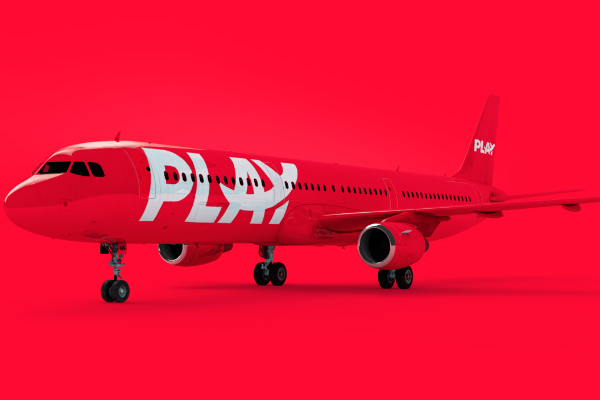Threat of strike by Europe’s air traffic network managers recedes
Union recommends deal to avert industrial action at Eurocontrol

The threat of a strike by air traffic control network managers employed by Eurocontrol in Brussels has receded following “an agreement in principle” on staffing levels.
The network managers’ union at European air traffic management organisation Eurocontol issued “a pre-warning” of strike action in early July.
But the union, the USB, announced today it had reached an agreement with Eurocontrol to address staff shortages and avoid industrial action following “round the clock” negotiations.
The deal will be put to a vote of the union’s members at the start of next week, with a recommendation to accept. The ballot will close on August 1
Assuming “a positive outcome”, the union said, the warning of industrial action will be withdrawn.
The USB’s threat of a warning strike led to UK media reports, including on the front page of The Times newspaper on July 7, that a strike by “controllers in the Brussels-based union “could ground up to a third of all European flights this summer”.
This was despite the union issuing a clarification that: “We are currently negotiating and as long as we are negotiating, we see no reason to announce actions.”
Senior aviation sources downplayed threat, accusing the media of sensationalised reporting.
However, air traffic control strikes across Europe, especially in France, remain a concern this summer.
French air traffic controllers continue to stage regular strikes, while the Ukraine war has closed 20% of Europe’s air space, adding to delays.
A senior airline source told Travel Weekly: “Air traffic control strikes are the biggest concern this summer. But creating anxiety like that doesn’t help.”
Gatwick has been particularly affected by air traffic delays because most flights from the airport cross European air space and most airlines using Gatwick operate multiple short-haul flights a day.
The airline source explained: “Delays vary day to day, but there is more delay in the system than we’d like. The major short-haul carriers are most affected.”

 Kass
Kass 
































